The Smart Villages of Italy: Harnessing digital technologies for monitoring and planning the future of Italian shrinking towns, Fall 2022
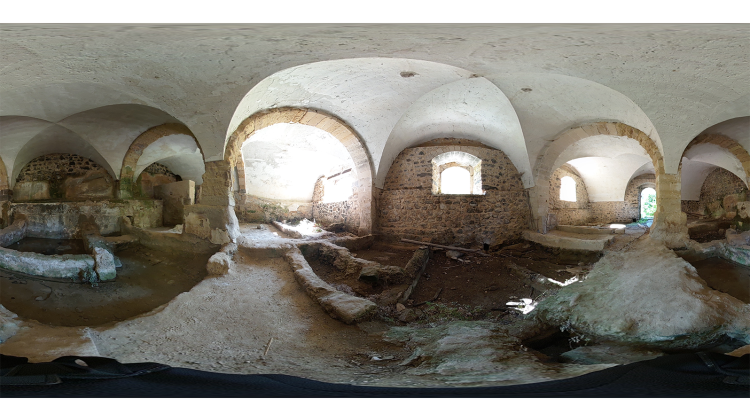
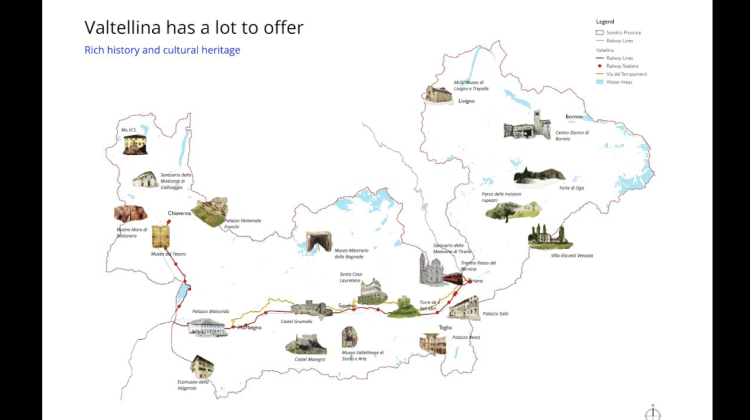
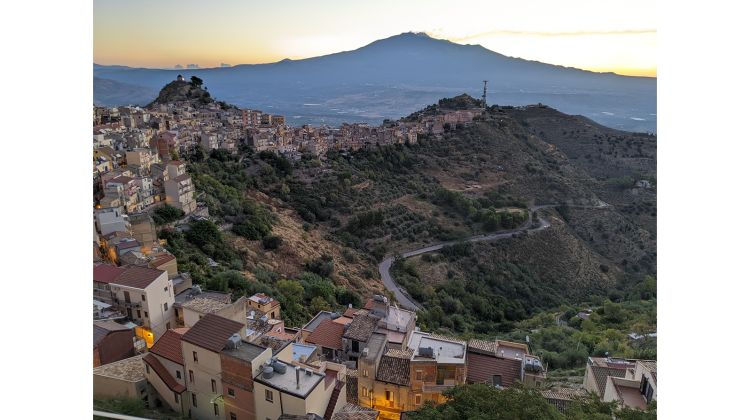
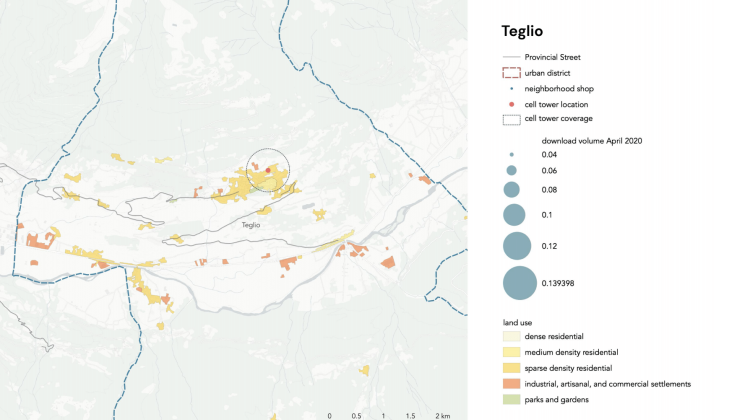
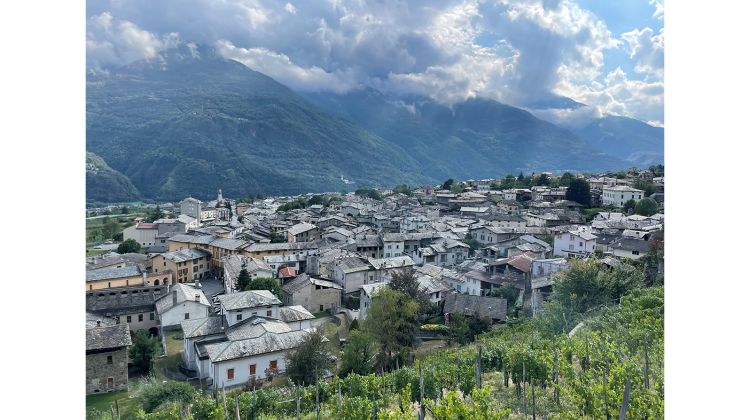
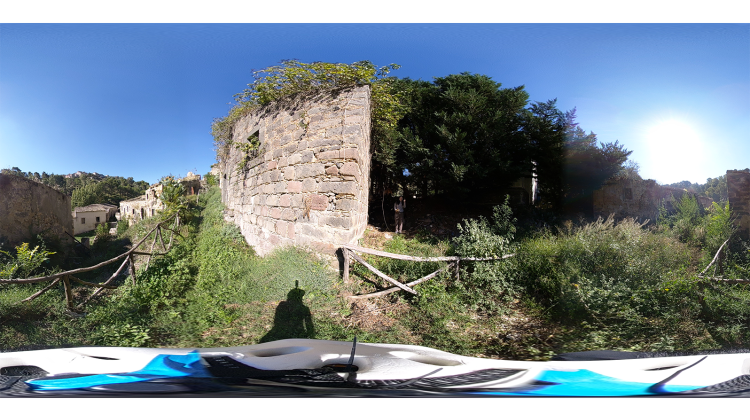
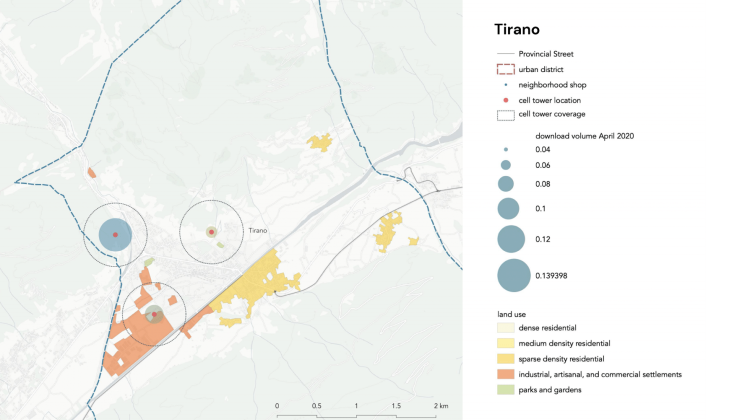
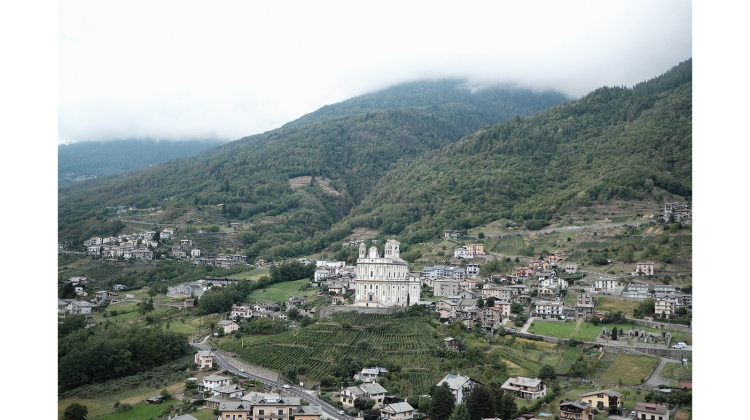
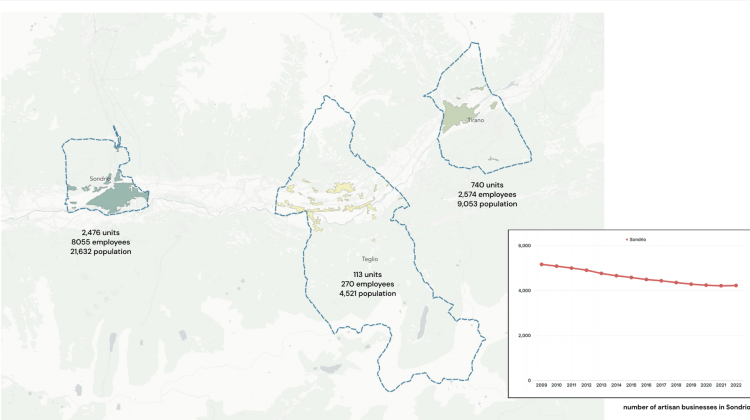
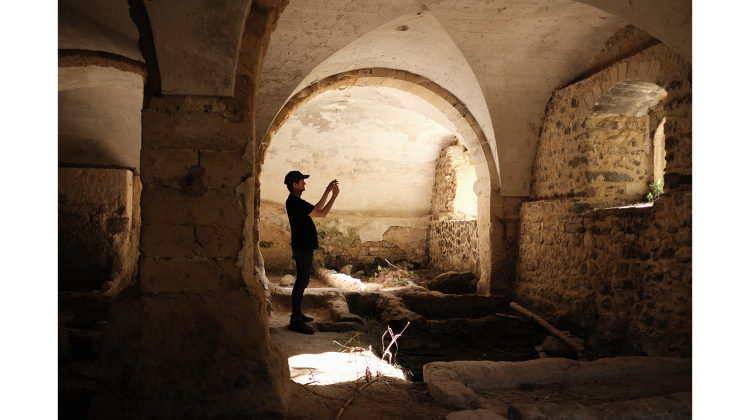
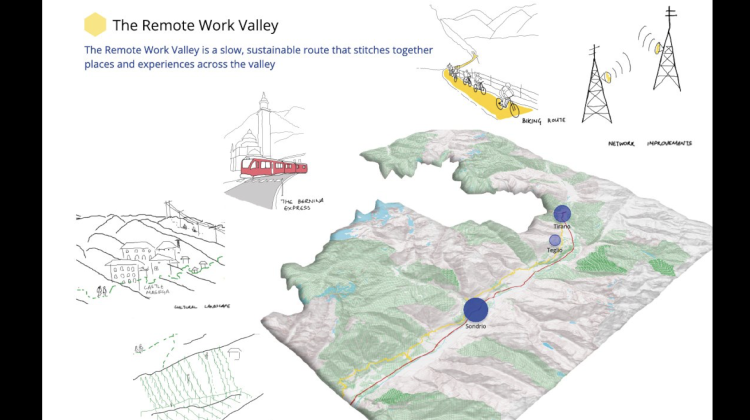
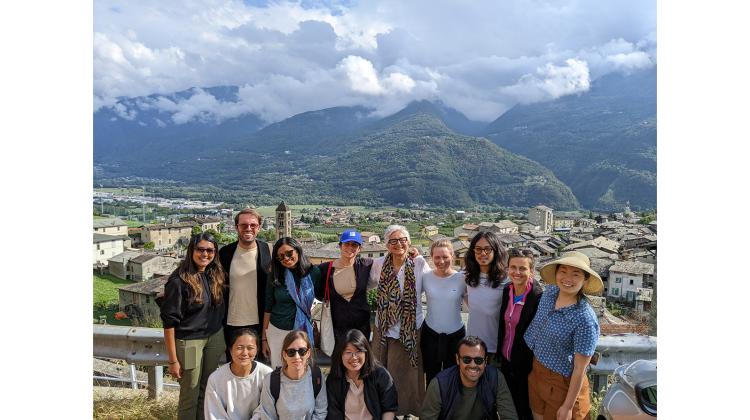
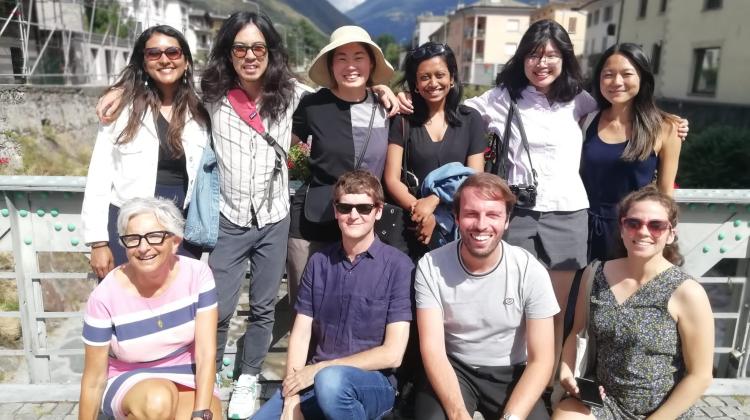
MIT practicum participants and Politecnico di Milano partner, Giovanna Fossa. Credit: Carmelo Ignaccolo
The spatial and socio-economic conditions of urban settlements affect how digitalization is received by local communities. In the Italian countryside, for example, the lack of infrastructural investments combined with an aging population, and migration trends of economically active people are some of the most tangible effects of a long-lasting depopulation problem that has been causing the demographic and economic shrinkage of many small settlements. This shrinking, aging population is economically and socially vulnerable. Building on the existing literature on the urban/rural digital divide, on urban form constraints of heritage-rich small towns, and on the socio-economic challenges of small settlements, this practicum aimed to understand how digital technologies can help us monitor at a granular level the shrinking towns of Italy and, eventually, shed light on their urban development trajectories.
The practicum’s scope was threefold: 1) to study the nation-wide system of Italian small towns from three research angles: agricultural productivity, cultural heritage, digital access; 2) to compile a series of urban planning and design guidelines on how to localize urban and architectural interventions (such as new coworking hubs, co-living spaces ); 3) to engage with the local communities of two selected small towns (in Sicily and Lombardy region) to understand their challenges and envision a shared future. In light of the recent pandemic and resulting shifts in the geography of work, what could the future of heritage-rich shrinking territories look like? How could planning and urban design improve this heritage?
Through a partnership with Professor Giovanna Fossa of Politecnico di Milano, the Fondazione Rocca fund of MISTI Italy, the support of Vodafone Italy (telecommunication company), and the guidance of NGOs South Working and Liminal, this practicum responded to the multifaceted challenges of Italian small towns through extensive digital mapping on the overlooked cultural and economic assets and through the proposition of multiscalar design scenarios (mostly regional and urban). Students visited Italy in August 2022 and generated creative proposals during the fall 2022 semester. Results will be published in a forthcoming book published by Springer Verlag and edited by practicum partner Professor Giovanna Fossa.


